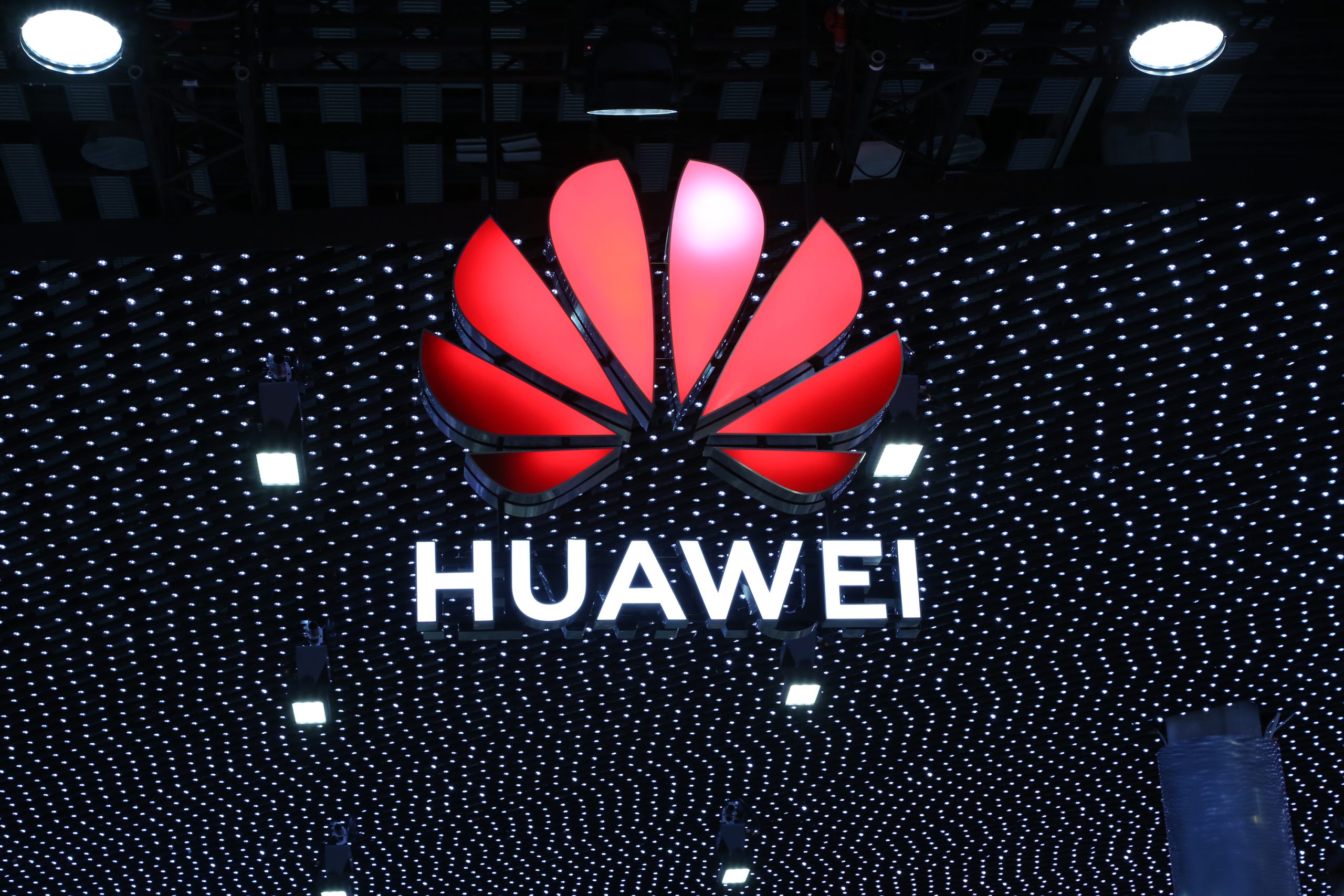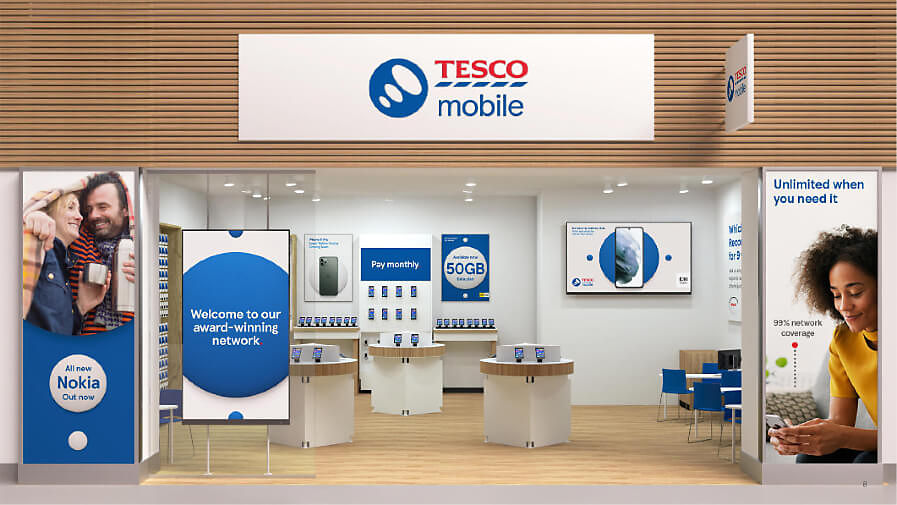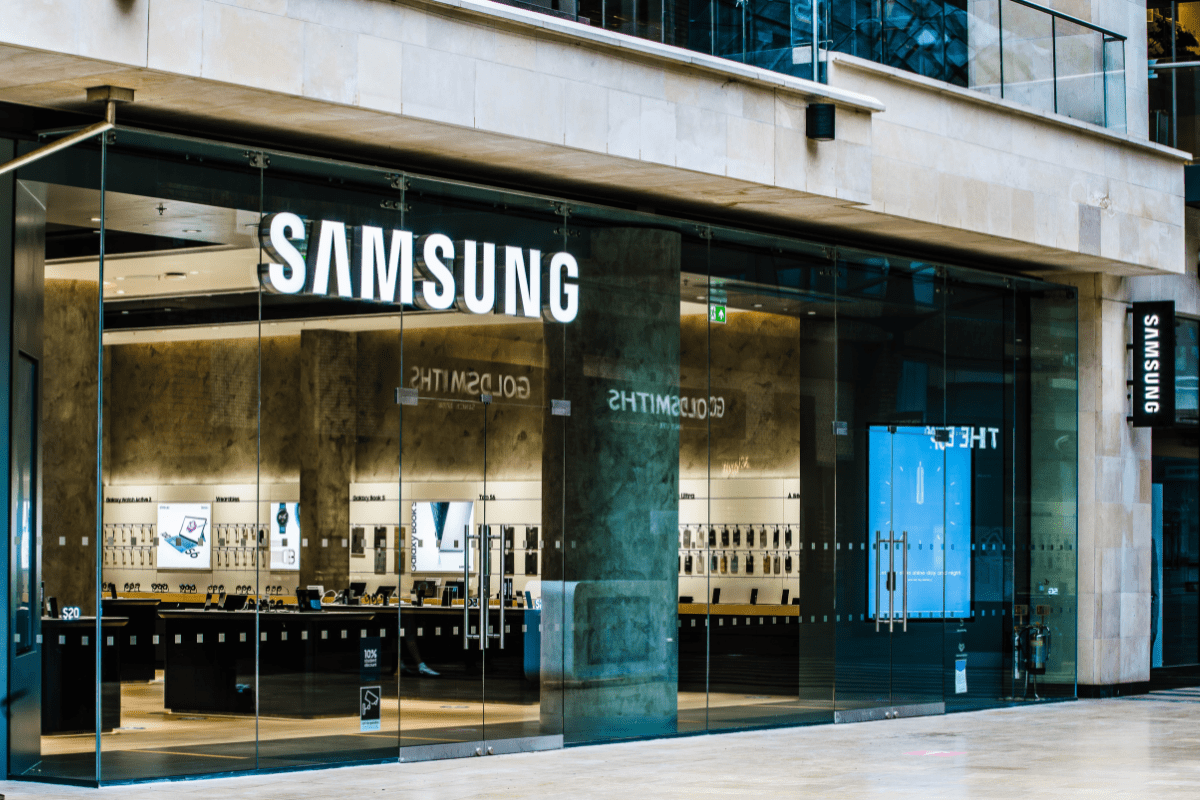HSBC: “We Didnt Get it Right in Internet Banking; Were Trying to Do Mobile Differently”
- Wednesday, January 29th, 2014
- Share this article:
 “We didnt get it right in internet banking,” said HSBC global head of digital Josh Bottomley, speaking at yesterdays Mobile Finance Masterclass. “Were trying to do mobile differently.”
“We didnt get it right in internet banking,” said HSBC global head of digital Josh Bottomley, speaking at yesterdays Mobile Finance Masterclass. “Were trying to do mobile differently.”
Bottomley is referring to the divergent “spaghetti junction” of ways the bank has integrated into backend systems in the past. Its app, however, now utilises a single codebase, with minor differences for the iOS and Android versions, across the 26 countries it is currently offered in.
However, having the same codebase doesnt necessarily mean all 26 versions of the app are the same. “We aim to offer meaningful functionality in different markets,” Bottomley said, giving the examples of stock market trading features developed specifically for Hong Kong users, and the ability to pay utility bills in Brazil by scanning a barcode.
All this functionality is included in the codebase, and the bank can decide in each country whether to enable or disable individual features, based on their customers’ needs.
As the app grows, this approach could cause bloating. Thats currently not an issue, partly because the app only supports around a third of the full mobile banking functionality, but its something HSBC is keeping a watch on – and if it does get too heavy, the app may be broken up into several smaller apps.
Think local, act global
By looking out for the nuances of each market to inform global updates, HSBC is “moving towards becoming a proper software company” according to Bottomley – something hes well acquainted with, given his previous role as Googles global head of display.
And its not just individual markets which benefit.
“We found that there is a lot of demand in Brazil for people wanting to take money out of the ATM without their card, using just the app,” said Bottomley. “The problem, though, was that the cost of downloading is so high in Brazil that no one wants to use it because they dont want to keep their data switched on.”
HSBC considered an offline authentication system before landing on a method that used significantly less bandwidth.
“Thats now a global feature,” said Bottomley. “And the best customer feedback for the feature actually came from France. Our customers there saw a benefit, because of a problem wed solved for Brazil.”
















